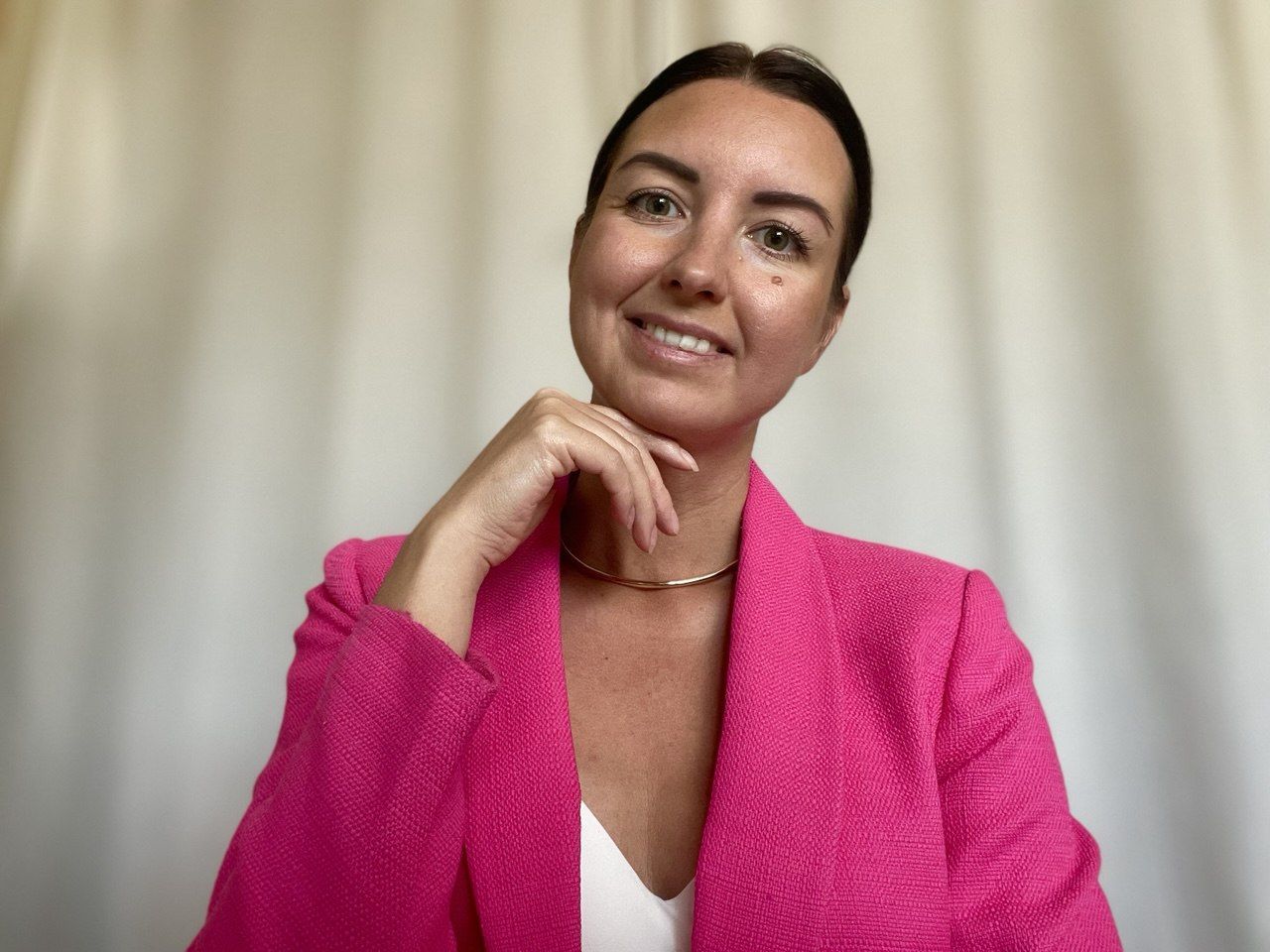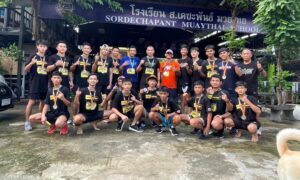In this exclusive interview with TechBullion, Iana Petrova—seasoned business development executive and former top manager at hospitality SaaS company Bnovo—shares how smart workflows and automation are reshaping guest experience in the hospitality industry. With over a decade of experience leading digital transformation across 16,000+ hotel properties and developing API-powered products adopted worldwide, Iana Petrova offers a behind-the-scenes look at how technology can solve real-world operational challenges without sacrificing the human touch. From scaling customer onboarding during industry crises to pioneering integrations with Google Travel, Booking.com and Airbnb, she discusses what it really takes to make digital tools work for hotels—and for guests.
Iana, can you tell us a bit about yourself and your background in TravelTech?
Of course. I’ve spent over a decade leading business development and innovation in the hospitality software sector. As a Chief Product Officer at Bnovo, a SaaS provider serving over 16,000 properties globally, I oversaw the transformation of hotel operations through technology—from booking automation to smart API ecosystems. I’ve always been passionate about solving real business problems with scalable digital tools. Currently, I’m based in California, continuing my work as a tech advisor and private investor while expanding my expertise in FinTech supply chain software.
How do you define “digital transformation” in the hospitality context?
It goes far beyond putting a booking engine on a website. True digital transformation is about rethinking workflows—from guest communications to housekeeping—to create seamless, scalable experiences. It means turning manual processes into intelligent, connected systems that give hotels visibility, speed, and control while freeing staff to focus on what matters most: guests.
What are some of the biggest challenges hoteliers face in this transition?
Lack of integration is the #1 issue. Many properties use disconnected tools that don’t talk to each other—so teams end up duplicating work and guests feel the friction. Another challenge is change resistance. Hospitality is traditionally people-first, and digital tools must enhance—not replace—the human touch. That’s why I believe in “smart workflows” rather than full automation. It’s about efficiency with empathy.
Can you give an example of a smart workflow that improved guest experience?
Certainly. At Bnovo, we built a centralized dashboard that connected Online Travel Agencies (OTA) bookings, direct reservations, room assignment, payment processing, and cleaning schedules. When a guest booked through Booking.com, their data would flow into the system in real-time. The room was automatically assigned, payment scheduled, and the cleaning team notified—all without a single email or phone call. The result? Faster check-ins, fewer errors, and happier guests.
How can small hotels with limited resources benefit from digital tools?
Small properties can gain the most. Smart tools level the playing field. For instance, our Property Management System (PMS) helped a 20-room family hotel in Sochi increase direct bookings by 40%—just by embedding a booking engine into their Instagram profile and automating follow-ups. They didn’t need a full IT team—just the right tech stack and clear workflows.
You also led product development. What’s your take on balancing customization with scalability?
That’s always the paradox. Hospitality is incredibly diverse—from eco-resorts to business hotels. We designed our tools with modular architecture—one API core, multiple layers of customization. It’s not about building hundreds of features. It’s about enabling hotels to plug into what fits their business logic. A good product doesn’t offer more—it offers smarter defaults.
How do you see AI shaping the future of guest experience in hotels?
AI will optimize—but not replace—the hospitality experience. Think predictive housekeeping, personalized upsell offers, or dynamic pricing that adjusts in real time. But the real win is in behind-the-scenes AI—helping staff respond faster, understand guest preferences, and prevent problems before they occur. The best AI is invisible to the guest but invaluable to the team.
Looking back, what achievement are you most proud of in your hospitality tech journey?
I’m proud of how we responded during one of the most turbulent periods in the hospitality industry. We scaled our onboarding and customer service operations to handle an unprecedented surge—growing from 300 to nearly 2,000 new hotel connections per month. I expanded the support team to 50 managers, restructured our onboarding process, and launched a self-service customer help center. It was an operational challenge, a technical leap, and a turning point for Bnovo. That project taught me that digital transformation is never just about tech—it’s about trust.
What advice would you give to hospitality leaders starting their digital journey?
Start small, but think systemically. Don’t just adopt tools—design workflows. Focus on what frustrates your team or your guests most. And always choose partners, not just vendors—ones who understand your business and grow with you. Technology should feel like an extension of your brand, not an obstacle.



































